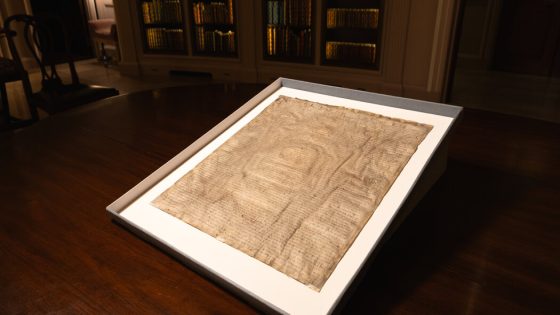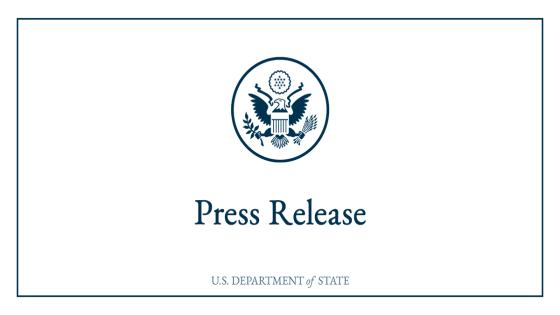An original version of Magna Carta, a cornerstone of modern liberties, has been discovered at Harvard Law School. Bought for just $27.50 after World War II, this manuscript has largely gone unnoticed since its arrival in 1946. However, as of December 2023, two British academics have confirmed its significance, revealing it as one of only seven existing documents from 1300.
- Manuscript bought for $27.50 post-WWII
- Original 1300 version of Magna Carta discovered
- Only seven such documents still exist
- Value estimated significantly higher than purchase price
- Document's relevance amid political pressures noted
David Carpenter, a professor at King’s College London, expressed his astonishment at the find, stating, “I never in all my life expected to discover a Magna Carta.” The manuscript’s estimated value is difficult to determine, especially considering a similar document sold for $21.3 million in 2007. This recent discovery raises questions about the historical treasures still hidden in plain sight.
This discovery prompts US to consider how many other invaluable historical artifacts remain overlooked. What does this mean for our understanding of legal history? The implications are profound:
- It underscores the ongoing relevance of Magna Carta in today’s legal landscape.
- It raises questions about the preservation of historical documents in academic institutions.
- It highlights the potential for significant discoveries in libraries across the nation.
As we reflect on this remarkable discovery, it serves as a reminder to explore our own historical collections. What treasures might we uncover that could reshape our understanding of rights and liberties?



























